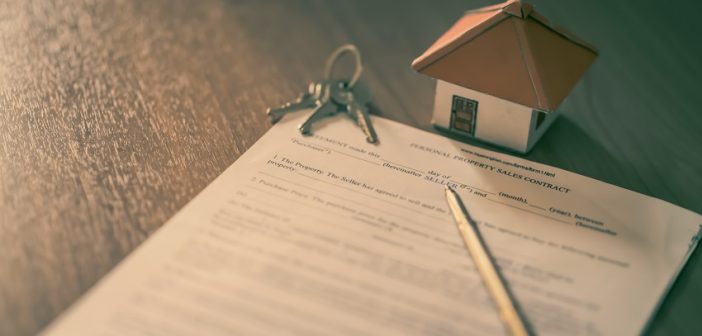For many young and professional adults, buying your very own home is a testament to your own financial prowess. Since having a dream home that you can consider as yours is a big milestone, it’s a commitment that many workers will need to save up for years to decades. Not only is having your own home a commitment that can make you and your family feel comfortable, but it’s also an investment.
That said, you’ll need to prepare yourself in terms of finances if you have to purchase your first home. Here are some things that you’ll need to know.
Are You Ready to Buy Your New Home?
But right before you can get into what are some things that you can do right before you buy a home, we’ll need first to answer one of the most important questions: are you ready to buy a new home?
Sure, having a new home is something that you can be proud of; it’s not necessarily the right choice for everyone. There are a variety of factors that you’ll need to consider when it comes to this situation.
To first determine that you are ready to buy a home, you’ll need to ask yourself if you’re prepared for the added cost and responsibility of maintaining it throughout the year. Homeownership can be a lot more expensive than renting out a home monthly. On top of that, there are added costs, such as maintenance, repair, waste disposal, water, and electricity. When you’re earning money that’s just right for your needs and wants, these are some additional considerations that can affect your monthly expenditure.
You’ll also need to pay for property taxes and insurance so that you won’t have to worry about “tough” times. Many of these costs can add up quickly. If you’re not financially stable, this can put you in a precarious position.
Do you currently have a balance in your debt that you need to take care of? You might want to consider reducing your debt or completely paying it off right before putting more pressure on your bank account. Fortunately, there are many ways of reducing credit card debt that might have high interest rates right before you can start purchasing your very first home.
Although you might have a family that you’ll need to take care of, it’s still important to be patient and financially save up. Once you’re in a good position in terms of your finances, that’s when you can start thinking of the prospect of buying your first home.
So what else should you consider right before you buy your first home? Here’s what you can also weigh in:
Starting with a Loan
First and foremost, one of the most effective ways of buying a home, even if you don’t have a year’s worth of savings on your bank account, is by making a loan. The good news here is that the rise of the real estate industry has made it easier to find loans that cater to your needs and lifestyle.
It can make a lot of sense to get pre-approved in many cases when it comes to your mortgage loan before you start looking for a home. Why? Pre-approval is a great way of getting you some idea of your buying power and what you can afford based on your income.
The good news here is that some pre-selling houses and lots have affordable prices. This agency is known for having a streamlined and hassle-free process when getting you approved for your new home. Gone are the days when you have to wait for months to get your loan approved.
Still, it’s important to keep in mind that your debt-to-income ratio will play a key role in your loan. This will usually be a determining factor by many loan-issuing companies on the type of home you can get.
Saving Up for a Down Payment
Next, one of the most important factors that you’ll need to keep in mind when it comes to your loan is how large you’ll be making for your down payment. This is a good way of reducing how much you’ll owe every month. It’s important to keep in mind that if you put down less than a fifth of your home’s cost, you’ll need to pay for mortgage insurance. However, this will ultimately depend on who you’re negotiating your loans with.
Of course, you don’t necessarily need to put down around 20% for you to be successful in your loan, and getting your dream home, paying off a good amount of down payment, can save you a lot of trouble in the near future.
Be Honest with Yourself
Last but not least, you’ll need to be honest with yourself and determine how much home you can afford. One universal rule of thumb that most home buyers will usually do is keeping mortgage and taxes between 25% to 35% of your income.
There are various ways of getting your first home without having to save up for years. As long as you’re consistent with your work and that you’re able to prove that you can continuously pay your loans, you’ll get your dream home in no time. Still, it’s important to ask yourself whether you’re ready for the responsibility of owning a home. Not only will you have to buy your monthly needs, but you’ll also need to keep spending on your home’s maintenance.





If you are buying someone’s house-do not forget to sensibly assess all the disadvantages and advantages. The home inspection report will help you a lot in this. A home inspector performs a valuable service by ensuring that your living space is considered safe and habitable according to standards